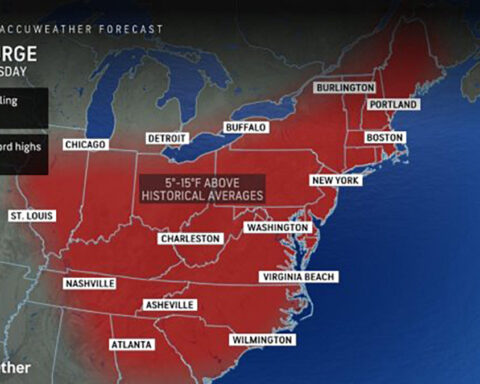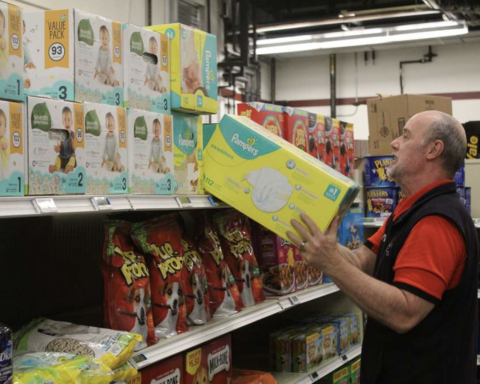by Kathryn Carley, Commonwealth News Service
As Massachusetts lawmakers work to finalize tax-relief measures, advocates for low-income families are calling for an expansion of tax credits proven to reduce poverty.
Advocates want to increase the Earned Income Tax Credit state match rate from 30% to 50%, expand the credit to working immigrants and pass an inclusive Child and Family Tax Credit.
Charlotte Bruce, senior research and policy analyst for Children’s HealthWatch, said the tax credits will ultimately benefit the entire state.
“When you’re putting money back into families’ pockets, you’re not only supporting their ability to afford basic needs and cost of living,” Bruce explained. “They’re also putting that money right back into their local economies.”
Bruce noted all eyes are on the Senate to see how targeted their tax package will be as both Gov. Maura Healy and House lawmakers have already proposed some credit expansions. Bruce emphasized both tax credits reach overlapping but different populations to provide some relief in one of the country’s most expensive states.
Supporters of the expanded tax credits say they provide greater “tax fairness” for some of the Commonwealth’s most vulnerable families.
Ancel Tejada, financial empowerment program manager for the Massachusetts Association for Community Action, a coalition of more than twenty community action agencies, called the tax credits “course changing,” for one mother who rebuilt her credit score.
“By fixing the credit, she was able to get a new apartment to move her family out of a situation that she wasn’t comfortable with,” Tejada observed. “Because her credit was the only thing holding her back.”
As some lawmakers promote greater tax cuts for Massachusetts’ wealthiest households, advocates for low-income families are urging people to contact their legislators and urge them to better use the tax code to help those in need.

















